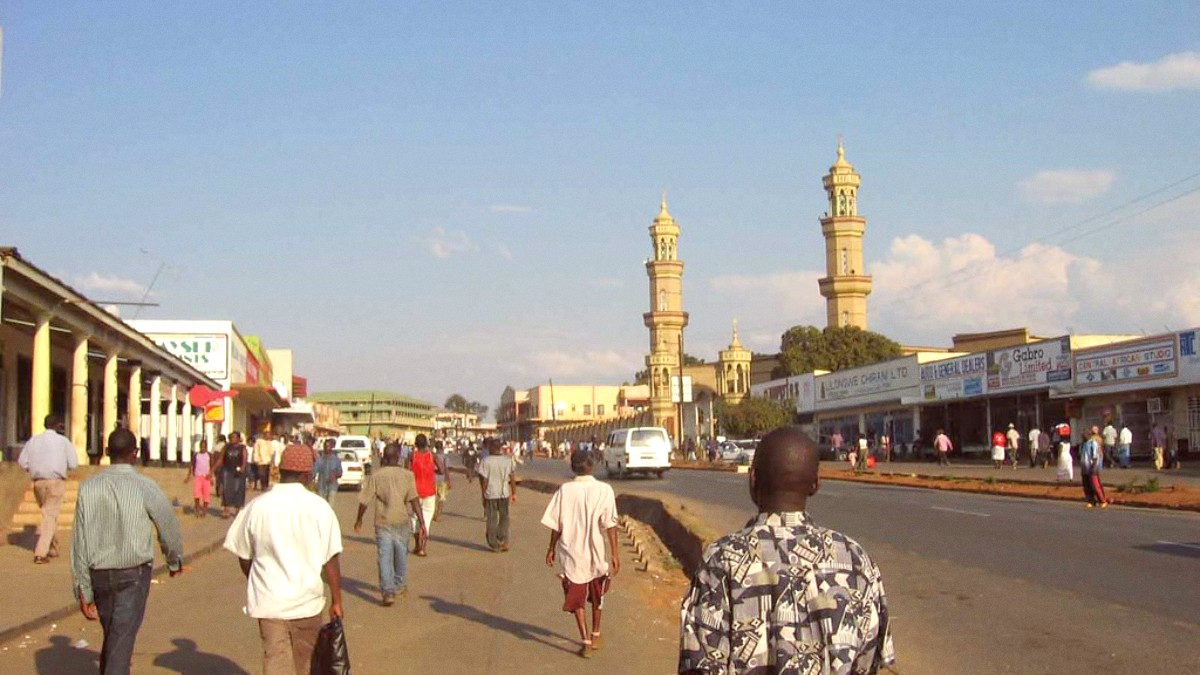
Malawi
The city operates at a relaxed African pace, a refreshing contrast to the hurried atmosphere found in many other capitals across the continent. Here, broad avenues meet bustling market lanes, and the gentle hum of daily life provides the true soundtrack to your exploration. Lilongwe is where you connect with the generous spirit of the Malawian people, known for their welcoming nature.
Lilongwe's capital status is a recent development, a deliberate act of nation-building after independence. Before 1975, Zomba served as the colonial capital. Dr. Hastings Kamuzu Banda, Malawi’s first president, envisioned a new capital in the country’s central region to decentralize power and stimulate development.
The city developed in two distinct phases: the "Old Town" reflecting organic growth from a trading post, and the "City Centre" a planned development with modern infrastructure. This bifurcation offers an unique historical narrative, from bustling traditional markets to formal government districts.
Lilongwe uniquely combines its historic Old Town with the modern City Centre. The Old Town gives an authentic glimpse into local life, with its bustling market (Msika) at its heart. The City Centre hosts government buildings, international hotels, and contemporary commercial complexes, reflecting Malawi’s administrative and modern face.
Beyond the Old Town Market, local craft markets present artisan goods. Kumbali Cultural Village, just outside the city, offers a view of traditional Malawian village life, complete with dance performances and insights into local customs. The Malawian people, often called "the Warm Heart of Africa," interact warmly with visitors.
Savor Nsima (maize porridge) and Chambo (Lake Malawi fish) at local eateries or market stalls.
The city also hosts a selection of mid-range to fine-dining restaurants.
Find Italian, Indian, and general Western fare.
Explore market vendors for fresh produce and local snacks.
Sample local beers and soft drinks.
The Lilongwe Wildlife Centre is an unique urban sanctuary. It operates as Malawi’s only accredited wildlife rescue and rehabilitation center, offering a home for injured or orphaned animals. Visitors can walk through natural bushland, observe a variety of rescued animals, and learn about conservation efforts.
Walk trails, observe rescued animals (monkeys, antelopes, birds), learn about rehabilitation, and support conservation through visits or donations. It provides a peaceful escape from the city’s bustle.
The center advocates against illegal wildlife trade and educates visitors about Malawi’s rich biodiversity, all within Lilongwe’s boundaries.
Overall, Lilongwe presents a more relaxed atmosphere than many other African capitals. It is generally safe during the day, with friendly locals. The pace of life encourages you to slow down, absorb the surroundings, and truly appreciate the unique Malawian way of life.
While Lilongwe offers much within its borders, it functions mainly as a base for wider exploration. Its international airport connects travelers globally, and its central location allows access to major roads leading to Lake Malawi’s serene beaches and abundant wildlife.
The city serves as a convenient point to stock up on supplies, arrange transportation, and finalize plans before venturing into the country’s more remote and wild areas.
Access to Liwonde and Majete National Parks for safaris.
Proximity to tranquil beaches and water activities.
Starting point for journeys to Dedza and Chongoni.
Lilongwe is your main stop for pre-safari or pre-adventure preparations, offering various resources and services for a smooth journey.